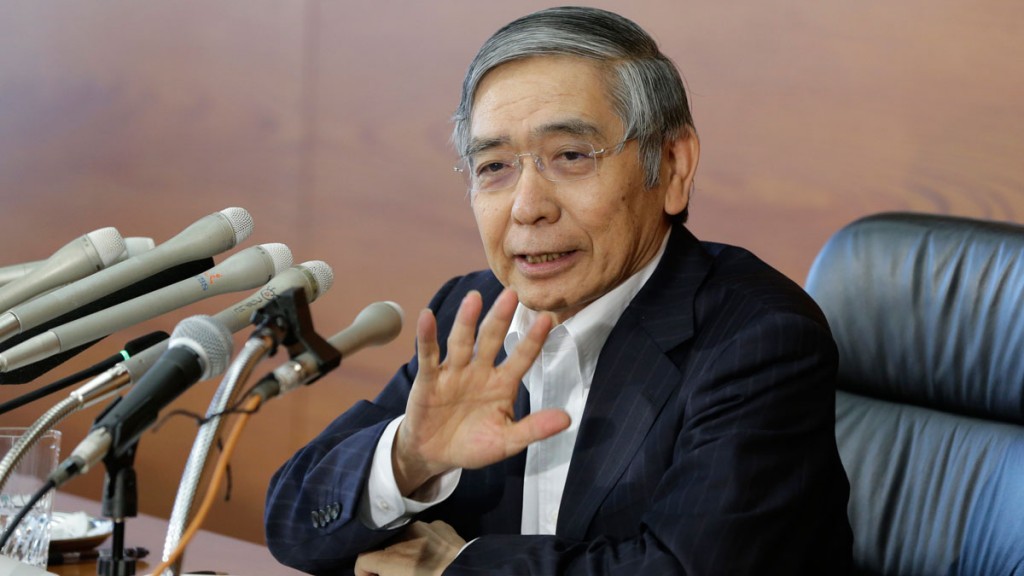
In the wake of the Brexit vote, the Bank of England not only cut interest rates to a record low of 0.25%, but it also relaunched quantitative easing (QE) – pumping another £60bn of newly minted cash into the economy. Just two months later, the wisdom of that move is looking questionable. But it is the nature of the QE, not just the fact that is has been resumed, that is troubling.
As well as buying gilts, the Bank has waded into corporate bonds. And not just British ones either. When the Bank revealed the list of 100 eligible bonds this month, it turned out to include firms such as Apple and McDonald’s, on the grounds that they make a “material contribution” to the UK economy.
True, that is very much in line with how central banks think QE should operate right now. The European Central Bank has started buying up corporate bonds on a huge scale, including those of companies such as Volkswagen and Nestlé, as well as, ironically, a few British companies, such as the miner Urenco (Jean-Claude Juncker has no doubt fired off a sharp memo by now telling the
ECB to stop helping the Brexit traitors).
The Bank of Japan has gone further and is not just buying bonds, but equities too – it is now a top-ten shareholder in most major Japanese companies. This is no reason for the Bank of England to follow suit. It may be making a big mistake. Why? There are three problems.
First, the Bank is effectively taking a stake in companies. A bond does not have the same kind of rights as equity – but in a crisis, the difference can turn out to be fairly negligible. What happens if one of the companies in which the Bank own bonds runs into trouble? The bond-holder – that is, the Bank, and by extension the UK government – will have to get involved.
Sure, there are limits on how much of a percentage of any bond issue the Bank can take, and rules that are designed to make sure it keeps its distance. In most instances, all that will be fine. But it is hard to believe that none of the 100 firms on its list won’t ever face any kind of financial crisis. If it does, the Bank may have to get involved – even though it has no expertise, and no legitimate role, in doing so.
Second, the Bank is indirectly subsidising companies. If it lowers the cost of credit for McDonald’s, but not, say, Five Guys or Byron, isn’t that giving one hamburger company an advantage over another? Why make the cost of capital cheaper for Apple, but not for Microsoft, or indeed Google, or Nokia, or Samsung? The Bank might claim the aim of QE is to lower the cost of capital throughout the economy, not just for specific firms, but there is little evidence it works like that.
Finally, the Bank is on a slippery slope to cronyism. At the moment, it is playing a straight bat, and only buying a small percentage of the total debt on the market from a select group of blue-chip companies. But every wedge has a thin end.
When a major retailer or manufacturer runs into trouble, don’t be surprised if you start hearing a few politicians argue that the Bank should be buying its bonds. Pretty soon, it will be pumping money into “national champions”, and supporting any business that doesn’t create enough jobs in marginal constituencies – and it won’t be long before the Scottish Nationalists start whingeing that it isn’t buying enough bonds issued north of the border.
It is questionable anyway whether we need more QE. There is not much sign of that Brexit collapse in the economy. But one thing we can certainly agree on is that we don’t need this form of QE. It takes the Bank dangerously close to subsidising specific businesses – and that has always proved catastrophic.